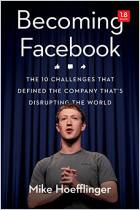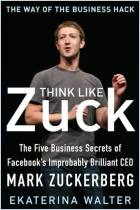Tech journalist Sarah Frier’s profile of Instagram reveals how its idealistic co-founders kept believing their app could improve the world, even as users posted drug deals and suicides. Facebook’s purchase of Instagram was a tech-sector game changer. But the greater Instagram’s success became, the more Mark Zuckerberg saw it as a rival. Years of infighting led the co-founders to depart. Their dream soured in the face of corporate battles and a dark online reality of illegal activity and fake information from fake accounts.
Instagram launched as an idealistic place to post beautiful photos.
Instagram’s initial goal was to be a platform for people to share artistic photos. Its history reveals how “capitalism and ego” combined to change an artistic app into one that had great impact on the fabric of global society.
When Instagram founder Kevin Systrom graduated from Stanford University, he worked at Google and then at a small start-up. He opted out of joining Facebook or Twitter, because he wasn’t sure they’d succeed. At 25, he had seen through Silicon Valley’s veneer of genius to its underlying, haphazard reality. Instead, he created a mobile phone app – Instagram’s precursor.
In 2010, Systrom pitched a venture capitalist on funding his app. The funder’s condition for financing was that Systrom add a partner who would generate ideas and stand up to him when he needed it. Systrom hired another Stanford graduate, Brazilian engineer Mike Krieger. By the time Krieger obtained his work visa, Systrom had $500,000 in investments.
The initial app lacked broad public appeal. The two men focused on its ability to post photos and ...
























Comment on this summary or 开始讨论